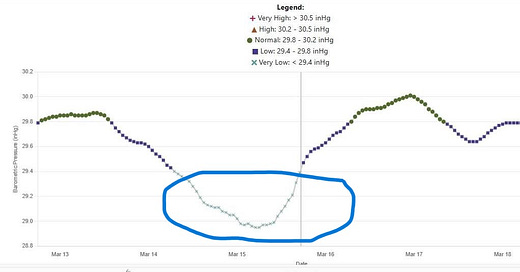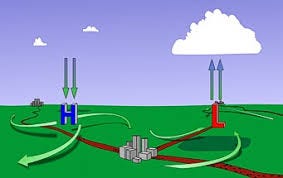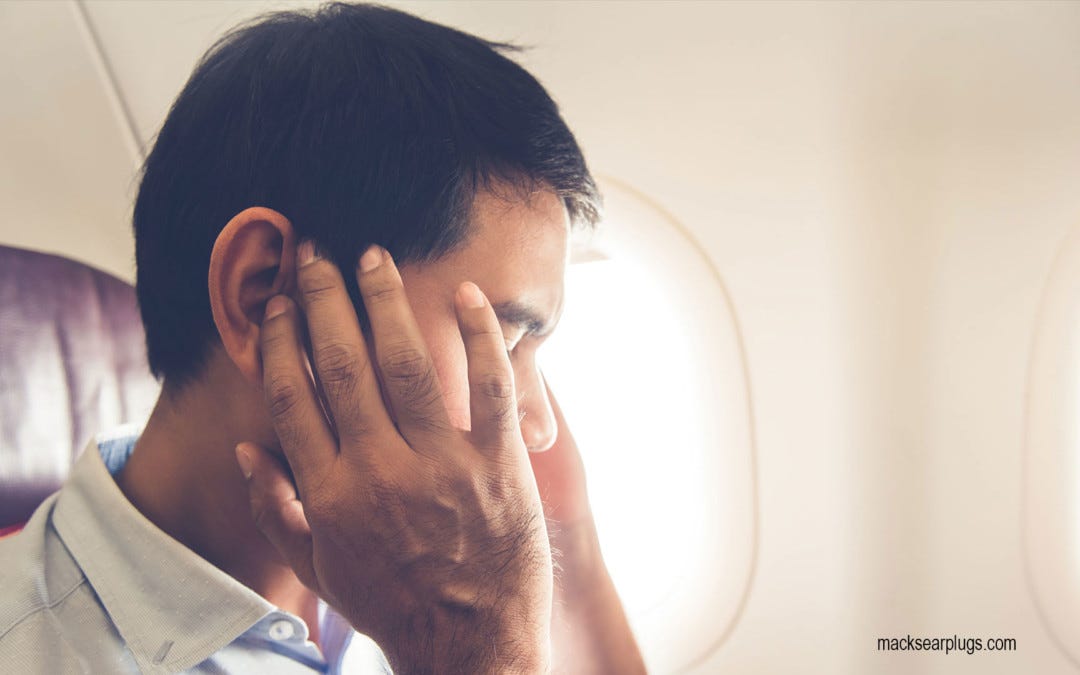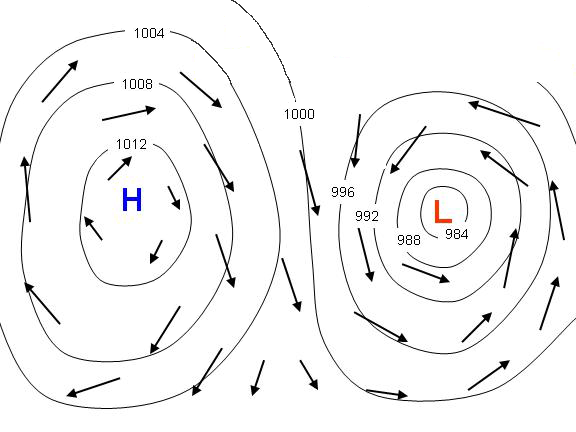One big toothache
I wrote this post on Facebook and found that many people were experiencing the same symptoms - so I thought I’d share. I’m not a doctor, but I play one on Substack.
The barometric pressure in my area has been at record lows for the last three days.
If you live in the upper Midwest and it seems like every little symptom or ache you've ever had is pronounced right now - I'm guessing it's because of the extreme low barometric pressure system we have been in. I, for one, have felt like crap - I was actually nauseated from the latest extremely low barometric pressure system. The good news is that this too shall pass & today is a better day.
I'm a firm believer that lack of sunlight and low barometric pressure make a huge difference in how we feel on a daily basis.
Barometric pressure, also known as atmospheric pressure, is the force exerted by the weight of the air above us in the Earth's atmosphere. It’s typically measured in units like inches of mercury (inHg) using a barometer. At sea level, the average barometric pressure is around 29.92 inHg, but it fluctuates with altitude, weather changes, and geographic location. High pressure usually means clear skies, while low pressure often signals storms or unsettled weather.
As for how it affects your body, it’s all about balance—or imbalance—between the external pressure and the internal pressure in your tissues, sinuses, and joints. When barometric pressure drops, like before a storm, the air pressing down on you decreases. This can cause tissues to expand, which can press on nerves or inflame sensitive areas. People with arthritis, migraines, GERD, past injuries, or sinus issues often report flare-ups during these shifts. It’s not only the low pressure but quick changes in pressure can wreak havoc on your body.
You know how your ears pop on a plane? That’s barometric pressure at work, forcing your eustachian tubes to equalize. Rapid pressure swings can throw your body off kilter and exacerbate things like tinnitus or dizziness or vertigo as well.
You know how good you feel standing in a warm pool of water? Standing in a warm pool of water doesn’t quite simulate an increase in barometric pressure in the atmospheric sense, but it does create a different kind of pressure effect on your body that might feel analogous in some ways.
Barometric pressure is the weight of the air pushing down on you from above, acting uniformly across your whole body. When you stand in a pool, you’re dealing with hydrostatic pressure—the pressure exerted by the water itself—which increases with depth. Even in a shallow pool, say waist-deep at 3 feet, you’re feeling extra pressure on your lower body, on top of the atmospheric pressure already there. People with arthritis or circulation issues often report relief in warm pools, similar to how stable high-pressure weather can ease symptoms.
I've been documenting this for years. Low pressure systems cause all sorts of physical maladies (GERD, COPD, joint pain, sinus pain, vertigo, fatigue, dizziness, nausea, fibromyalgia, migraines) that are blamed on other things. My mother used to say that low barometric pressure made her whole body feel like one big toothache.
Symptoms Linked to Low Pressure
Headaches or Migraines
Mechanism: Drops in pressure can alter blood vessel dilation or oxygen levels in the brain, triggering pain.
Feels like: Head pounding, fatigue, or nausea—mimicking a flu-like state.
Joint or Muscle Pain
Mechanism: Lower pressure may cause tissues to expand slightly or affect fluid pressure in joints, aggravating arthritis or old injuries.
Feels like: Achiness, stiffness—similar to a cold or overexertion.
Fatigue or Lethargy
Mechanism: Pressure changes might disrupt the autonomic nervous system or oxygen availability, leaving some feeling drained.
Feels like: That "under the weather" sluggishness.
Dizziness or Lightheadedness
Mechanism: Shifts in pressure can affect inner ear balance or blood flow, especially during rapid drops (e.g., before a storm).
Feels like: A vague, unwell sensation, sometimes with vertigo.
Digestive Discomfort (e.g., GERD)
Mechanism: As mentioned earlier, low pressure might influence esophageal or stomach pressure dynamics, worsening reflux.
Feels like: Nausea, bloating, or heartburn—mildly illness-like.
Sinus Pressure or Congestion
Mechanism: Pressure drops can cause air pockets in sinuses to expand, leading to discomfort.
Feels like: A sinus infection or cold, even without actual illness.
This is why so many people move to places with the least barometric changes like Hawaii and San Diego, California. I would too if I could afford it. Barometric pressure changes are most pronounced during the transitional seasons—fall and spring. In the Midwest, April and October are the worst months.
I’ve often wished somebody would invent a system where you could adjust the barometric pressure in your house to make it comfortable regardless of what’s going on outside. A girl can dream. Hugs!
My work is free and supported by your generous donations. Thank you to all who have donated in the past. I truly appreciate your generosity!
If you like my work, you can fund me by becoming a paid subscriber on Substack, donate by credit card here or you can send me a check to Peggy Tierney, PO Box 242, Spooner, Wisconsin 54801. Or just send me a note or a card! I love hearing from you.







